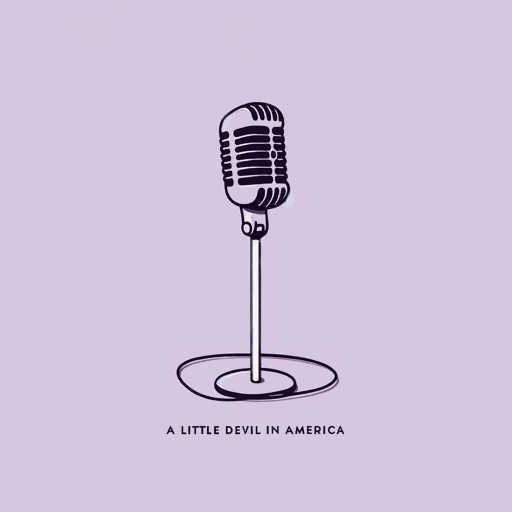55 pages • 1 hour read
Hanif AbdurraqibA Little Devil in America: Notes in Praise of Black Performance
Nonfiction | Essay Collection | Adult | Published in 2021A modern alternative to SparkNotes and CliffsNotes, SuperSummary offers high-quality Study Guides with detailed chapter summaries and analysis of major themes, characters, and more.
Themes
The Intersections of Performance
Artistic performance presents an aesthetic product to an audience. We conceive of performers as actors, comedians, musicians, and dancers who have voluntarily chosen to adopt a set of behaviors that somehow express their creative process. However, in the 20th century, the idea of performance was extended to describe the constraints of everyday life, eventually focusing in particular on the way the need to put on preset behaviors and appearances affects marginalized groups of people.
The concept of performativity transforms everyday actions into the cultivation of an enacted and embodied identity. Mid-century British linguistic scholar and philosopher John L. Austin described language itself as performative, since different situations from a wedding ceremony to a court verdict call for their own argots and linguistic behavior. 1970s gender theorist and philosopher Judith Butler built upon this concept to argue that gender is a social construct that requires the constant performance of expected traits. In Butler’s view, this performance is divorced from a person’s internal identity. Scholars like Eve Kosofsky Sedgwick and José Esteban Muñoz have applied this understanding of performance to queer and non-white identities, too.
Abdurraqib uses this idea to explore Black performance. His references tend to be Black musical artists, whose creative output often intersects with the performance of identity.
Related Titles
By Hanif Abdurraqib
Featured Collections
African American Literature
View Collection
Art
View Collection
Beauty
View Collection
Books About Art
View Collection
Books on U.S. History
View Collection
Creative Nonfiction
View Collection
Equality
View Collection
Memoir
View Collection
Music
View Collection
National Book Awards Winners & Finalists
View Collection
National Book Critics Circle Award...
View Collection
Nation & Nationalism
View Collection
Sexual Harassment & Violence
View Collection
The Best of "Best Book" Lists
View Collection
The Power & Perils of Fame
View Collection



